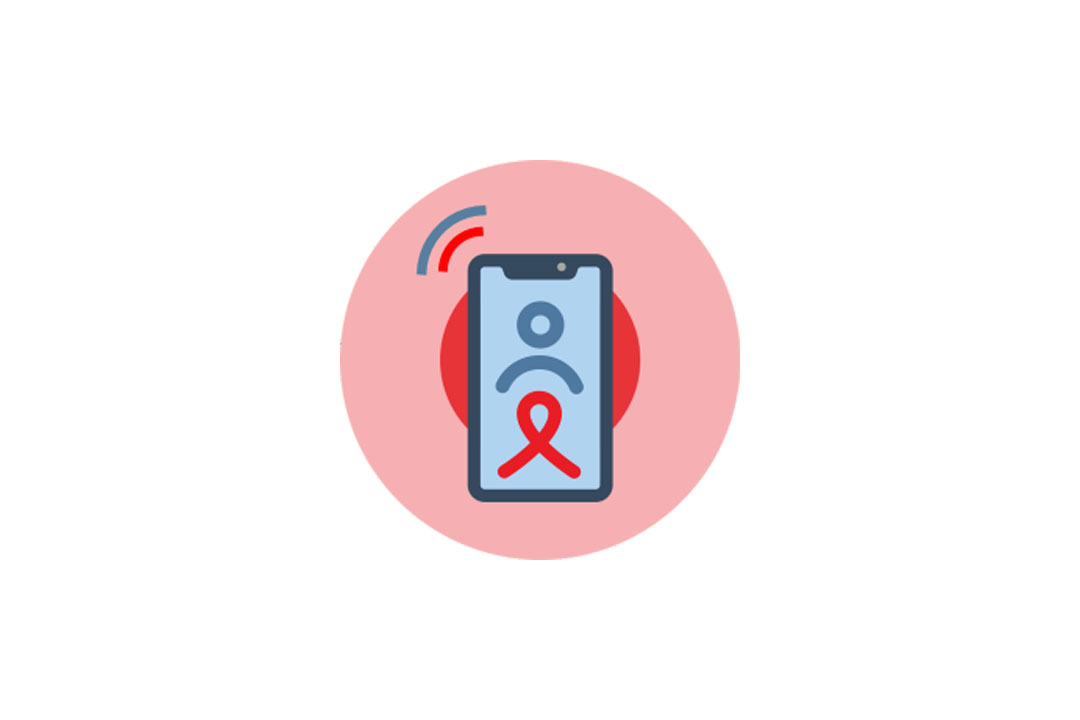App offers confidential care for HIV patients

By Brontë H. Lacsamana, Reporter
QUICKRES, a digital platform under a global initiative to end the human immunodeficiency virus (HIV) epidemic by 2030, aims to deliver testing and healthcare services to persons living with HIV (PLHIV).
“The Philippines is part of a global effort towards ending HIV by the 95-95-95 fast-track targets, which means [getting] 95% of people tested, 95% [of positive cases] enrolling for treatment, and 95% [of those being treated] having the virus suppressed,” said Teresita Marie P. Bagasao, director of Meeting Targets and Maintaining Epidemic Control (EpiC) Project Philippines, at the app’s launch on Feb. 16.
Citing epidemiologic data from the Department of Health (DoH), she pointed out that these percentages, as of December 2021, are at 63-63-95 in the Philippines (63% of PLHIV getting tested and knowing their HIV status, 63% of people who know their HIV-positive status on treatment, 95% of people on treatment with suppressed viral loads).
The QuickRes platform is also part of “Free to Be U,” an HIV awareness campaign backed by DoH and community-based organizations that provide healthcare facilities for PLHIV.
Through the app, clients can set an appointment in pilot sites in Metro Manila, Central Luzon, and Calabarzon (Cavite, Laguna, Batangas, Rizal, and Quezon). A nationwide online reservation system is among the project’s long-term goals.
“QuickRes has a call-me-back feature and counselors can contact a person who books an appointment so that they can address all the other concerns of the client. The counselors are also trained to be client-centered,” said Joven R. Santiago, EpiC Philippines technical advisor for social and behavior change communication.
For HIV case manager and counselor Anthony Louie V. David, case management and education regarding accessible services require more effort in the Philippines.
“People don’t know that PhilHealth has packages for free viral load count tests and budget for cartridges for viral load aside from what DoH supplies,” he said. “Viral load count is important to see the antiretroviral therapy’s adherence on the body.”
Mr. David added that he is a living example of treatment rendering HIV undetectable and untransmittable. He and his boyfriend, who tested negative, are proof, too, that a serodiscordant relationship (PLHIV with a negative partner) is possible.
“We must share knowledge on how to handle HIV stigma and discrimination,” he said, mentioning his own YouTube channel PLHIV Diaries as his own way of doing so.
EpiC’s Ms. Bagasao said that a “welcoming approach” toward the prevention, testing, and treatment of HIV should be the aim.
HIV prevention drugs such as pre-exposure prophylaxis and the tenofovir, lamivudine, dolutegravir combination are approved by the DoH and will be procured by the government.
Their distribution is being scaled up in the Philippines through donations from the US President’s Emergency Plan for AIDS Relief and the US Agency for International Development, which are also funding the EpiC Project.



